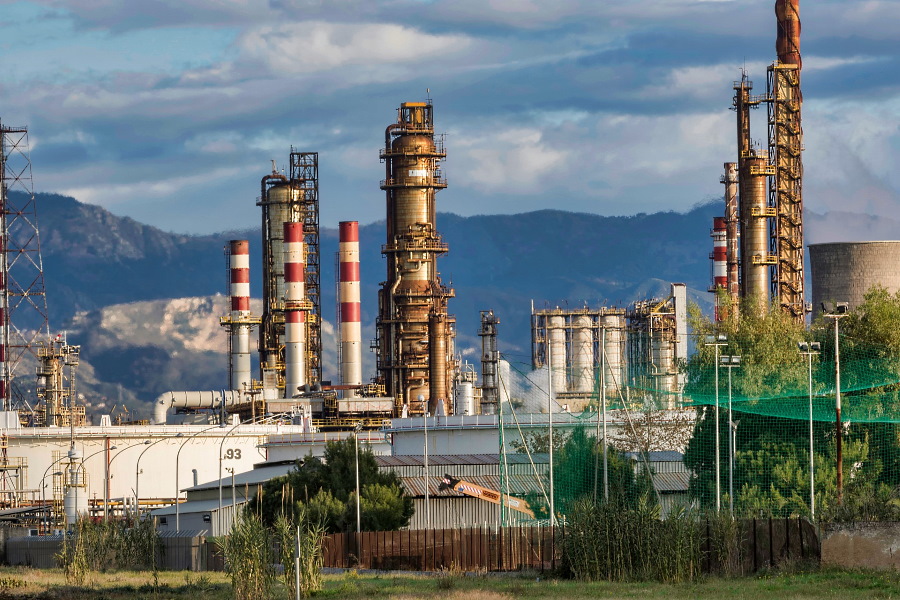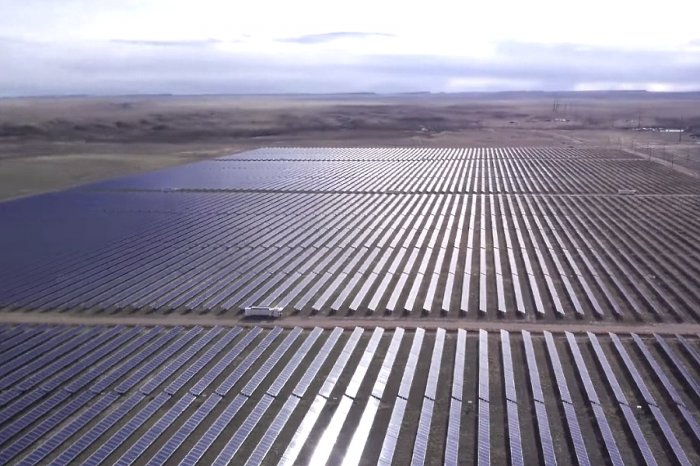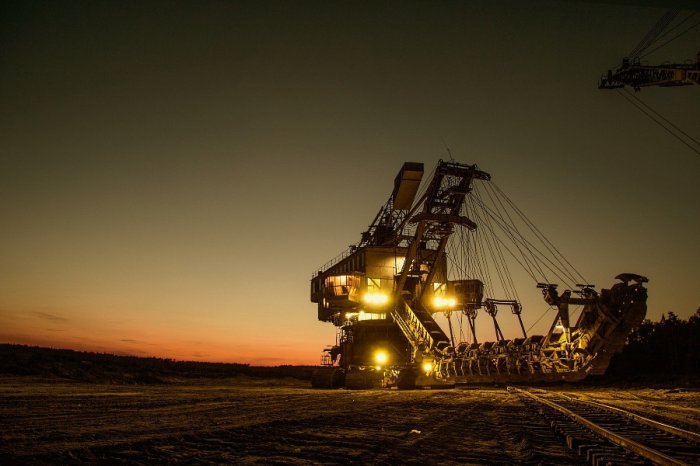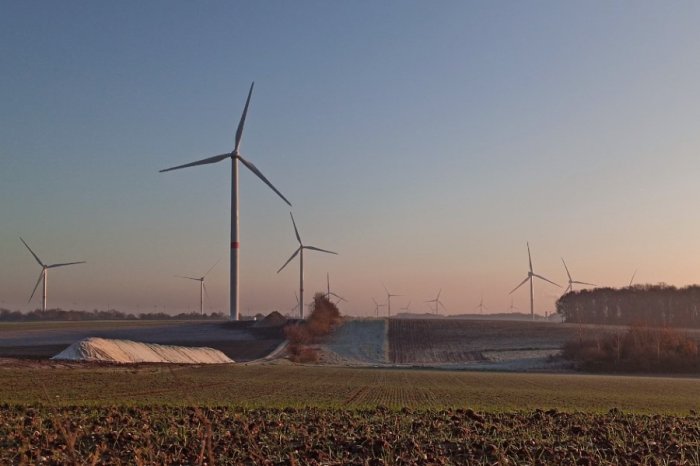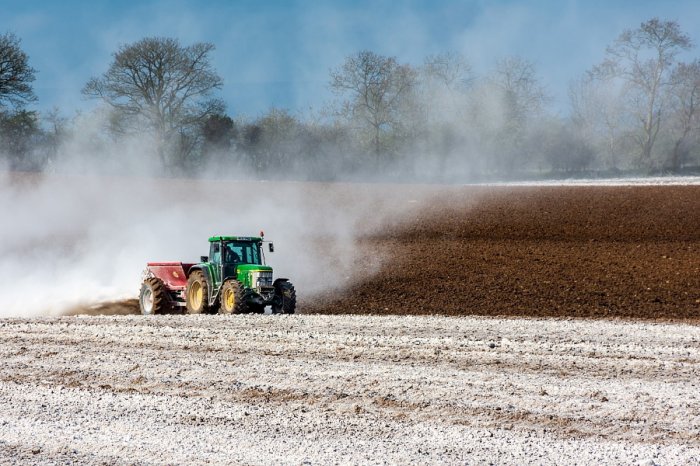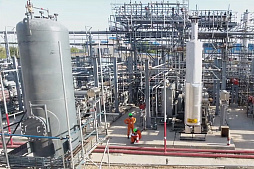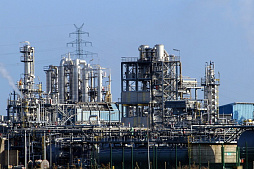Financing and lending for coke and sulfur handling systems in oil refineries
Link Bridge Financial LTDA LBFL offers:
• Investment financing from $ /€ 5 million or equivalent and more
• Minimizing the contribution of the project promoter
• Investment loan term up to 20 years
• Credit guarantees
Financing construction and modernization of advanced coke and sulfur handling systems at refineries helps companies minimize environmental risks, as well as increase refinery efficiency and reduce operating costs.
Crude oil always contains a certain amount of sulfur, up to 10-14% in some oils.
Efficient sulfur recovery is an indispensable part of modern oil refining, allowing companies to meet stringent environmental requirements and generate a huge amount of valuable by-product for additional income.
Subsequently, the reduced sulfur is widely used in industry for the production of fertilizers, feed, solvents and other chemical products.
The use of coke as a fuel is problematic due to its heavy metal content (e.g. nickel, cadmium and vanadium) or other elements such as sulfur, requiring complex purification. Thus, sulphurized petroleum coke indirectly contributes to the release of dioxins, which enter the environment along with heavy metals emitted directly from petroleum coke. However, some types of coke are successfully used for welding electrodes, specialty coatings and other products.
All of the above requires companies to implement costly, sophisticated sulfur and coke handling systems to produce valuable hydrocarbon products and meet increasingly stringent environmental standards.
These are issues of long-term financing, high-quality engineering and project management, which should be supervised by experienced professionals.
Environmental aspects of oil refining
Modern standards require refineries to achieve a high level of waste management, including as part of an overall Environment, Health and Safety (EHS) management system.In order to maximize the benefits, the integration of the waste management system into the EHS structure is preferable, since this approach allows it to be linked to other environmental aspects, such as minimizing harmful emissions to air and water.
Once refinery waste management standards have been established, additional standards, procedures, equipment and suppliers need to be defined to build a system for handling sulfur, coke and other by-products that meets the company's goals.
In refineries, these systems must ensure that employees responsible for waste management activities are well trained to perform their tasks in a safe and environmentally sound manner. All procedures for handling petroleum coke, sulfur and other wastes should be documented and updated periodically. Indicators need to be implemented and monitored to ensure that the system is functioning properly and to help identify opportunities for improvement.
Oil refineries generate four broad categories of waste, which are listed below:
• By-products of oil refining: petroleum coke, sulfur and sulfur-containing compounds (sulfur dioxide, hydrogen sulfide, sulfuric acid), nitrogen oxides, carbon monoxide, etc.
• Technological waste that is generated as a result of maintenance of facilities: construction debris, equipment cleaning residues, used solvents, paints, unusable batteries.
• Catalyst residues: catalysts used in refineries that typically include various metals (nickel, vanadium, lead, arsenic) on an inert carrier such as alumina, silica, or activated carbon.
• Household waste generated by refinery personnel: packaging, paper, food waste, as well as a small amount of hazardous biological waste.
Process waste is mainly of two types, namely oil sludge and catalysts.
Sludges are defined as semi-liquid residues resulting from refining process and wastewater treatment. Oil sludge is a hazardous material that can be described as a stable oil-in-water emulsion containing solids and metals. It undergoes further high-tech processing aimed at reducing the environmental hazard of the waste and extracting valuable by-products.
Processing of refinery waste is carried out in order to reduce their mass or volume, improve their properties, ensure their safe processing or disposal, and possibly reduce the costs of these activities.
Physical, chemical, or biological treatment processes can be applied to refinery waste.
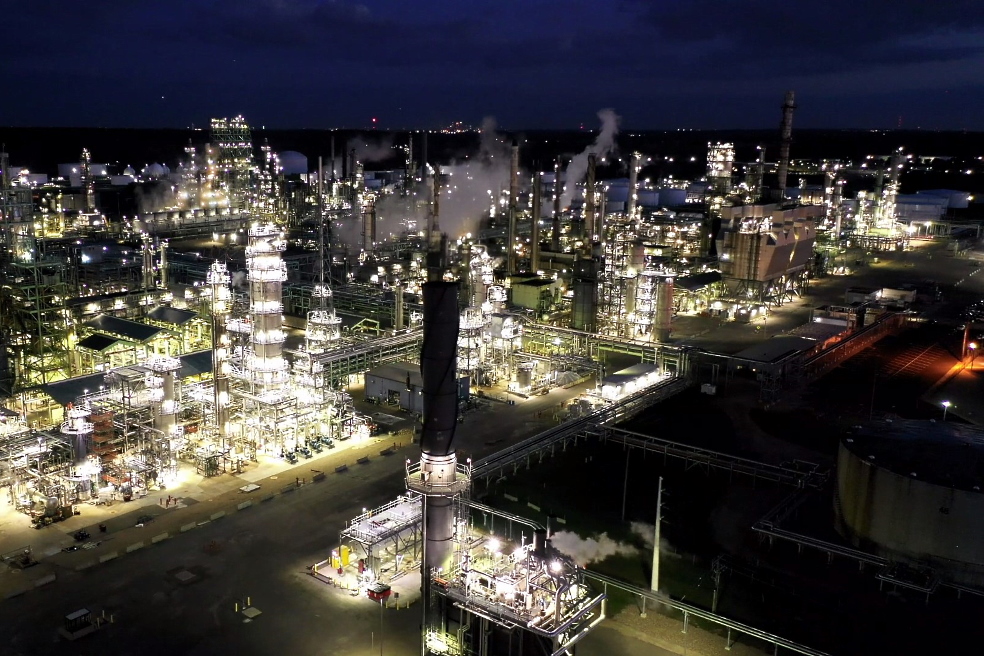
Modern sulfur handling systems in refineries
The growing demand for the processing of high-sulphur crude oil requires refineries to address a range of engineering challenges.Hydrocarbon refiners face a double challenge: removing excess sulfur in accordance with stringent environmental regulations while improving process efficiency.
Highly efficient sulfur recovery units (SRUs) are the main solution to this problem today. Recent advances in the Clauss process to recover elemental sulfur from hydrogen sulfide now remove up to 99.8% of sulfur from oil, eliminating the need for additional costly units.
To recover sulfur from sour crudes in a reaction furnace, Claus plants typically use air and hydrogen sulfide as fuel, resulting in sulfur recovery.
The hydrogen sulfide in this process is partially oxidized and catalyzed to produce high purity molten sulfur.
Engineering companies offer ingenious ways to increase the efficiency of the Claus process, such as supplying additional oxygen in the air line to the reaction furnace. Oxygen can also be introduced directly into the furnace through a lance or burner, or air can be supplied instead of oxygen through the furnace burner. In some cases, replacing the supply air with oxygen can double the capacity of the Claus plant, while allowing more ammonia to be destroyed by increasing the temperature.
Innovative sulfur handling systems for refineries provide significant improvements in process flexibility by offering low cost, high performance and energy saving solutions for key processes.
The introduction of such systems in refineries requires a lot of experience, as engineering companies must simultaneously provide a customized approach to the design of pipelines and infrastructure, implement reliable security measures and conduct personnel training.
Financing the purchase and construction of refinery sulfur handling systems typically requires a multi-million dollar investment in the early stages of a project. Link Bridge Financial LTDA LBFL is ready to assist in financing your oil refining project on a long-term basis.
We offer flexible solutions for every client, including investment loans, project finance instruments, loan guarantees, financial modeling services and more.
Together with our international partners, we can offer advanced engineering solutions for all aspects of oil and gas production and processing, including the construction of a refinery under an EPC contract.
Contact our representatives to find out more.
Coke handling systems and production of petroleum coke
Petroleum coke, being one of the by-products of oil refining, is used primarily as a fuel, but can also be used in industrial purposes.Coke can be both a main product and a by-product, depending on the nature of the initial hydrocarbons, the chosen technology and process conditions.
The starting material for the production of petroleum coke are very heavy oils, which accumulate as a residue during vacuum distillation. The bitumen is converted in the coker unit. Delayed coking is now considered a common process. During cracking, in addition to volatile hydrocarbons (gases and gasoline) that are released, coke is formed in solid form.
The raw form is called green coke and can be further processed by calcining at high temperatures (about 1200 °C). In this case, all associated oil components are burned, and the solid residue consists of almost pure carbon.
Traded on the world market, petroleum coke is a relatively pure coke consisting of 96% carbon, which can be sold for use as a fuel (“fuel coke”) or for the production of dry cells and electrodes (“anode coke”).
Some types of petroleum coke are listed below:
• Needle coke is a crystalline coke used in the manufacture of steel and aluminum electrodes.
• Raw coke must have a low metal content in order to be used as an anode material. Green coke with a low metal content is known as "anode coke". Green coke with a very high metal content is not calcined and is used for combustion as a fuel.
• Calcined petroleum coke (CPC) is the calcination product of petroleum coke coming from a coker unit in a refinery. The calcined coke is used to make anodes for the production of aluminum, steel and titanium in the foundry industry.
• Catalytic coke is coke deposited on a catalyst used in a refinery process. This coke is impure and can only be used as a fuel. Its high temperature and low ash content make it suitable for coal-fired thermal power plants, but petroleum coke has a high sulfur content and low volatile content, which poses some environmental and engineering problems.
Accordingly, coke handling systems for refineries can be different depending on the technology chosen, the composition of the hydrocarbons, the goals of the production process, as well as on environmental requirements and a number of other factors.
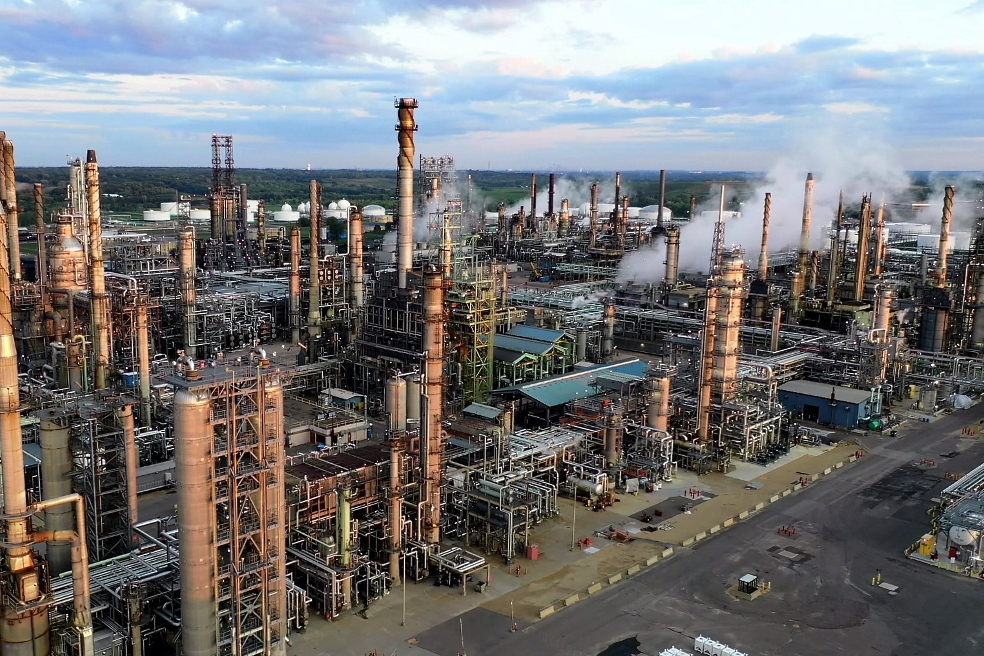
Gasoline oil, residues of primary processing (fuel oils and tars), products of secondary origin (cracking residues, heavy gas oils of catalytic cracking, pyrolysis resins), as well as natural asphalts and residues of oil production are used as raw materials for petroleum coke.
Oil sludge can also serve as a valuable source of coke production.
Refineries produce a number of different types of sludge from crude oil and petroleum products tanks, oil separators and flotation units. The purpose of sludge treatment by dewatering, drying or incineration is to reduce the volume and residual hydrocarbon content in order to save on further processing and reduce costs.
The principle of mechanical dewatering with decanters is based on centrifugal forces and the difference in density between water, oil and solids. Thermal treatment is based on a combination of evaporation by indirect heating or decomposition of organic components by thermal oxidation.
Decanter centrifuges are widely used for dewatering and degreasing sludge in the oil refining industry.
Dehydrated biological and oil sludges can be treated by drying or incineration, which in practice leads to oil-free residues that can be used for various purposes.
Dehydration of oil product sludge is used only at refineries that dispose of the obtained cake outside the site. Disposal can occur in cement plant kilns, coal-fired power plants, specialized waste incinerators, and municipal and hazardous waste incinerators.
Sludge drying is rarely used in refineries for safety reasons.
We are ready to offer long-term financing for your business ideas, whether it is the construction of a new refinery or the modernization of existing equipment.
Given the wide range of technologies and systems for handling petroleum coke, our team prefers to develop specific solutions together with the customer.
Together we will find the optimal solution.
Contact Link Bridge Financial LTDA LBFL for access to cutting-edge technology and flexible long-term financing.



